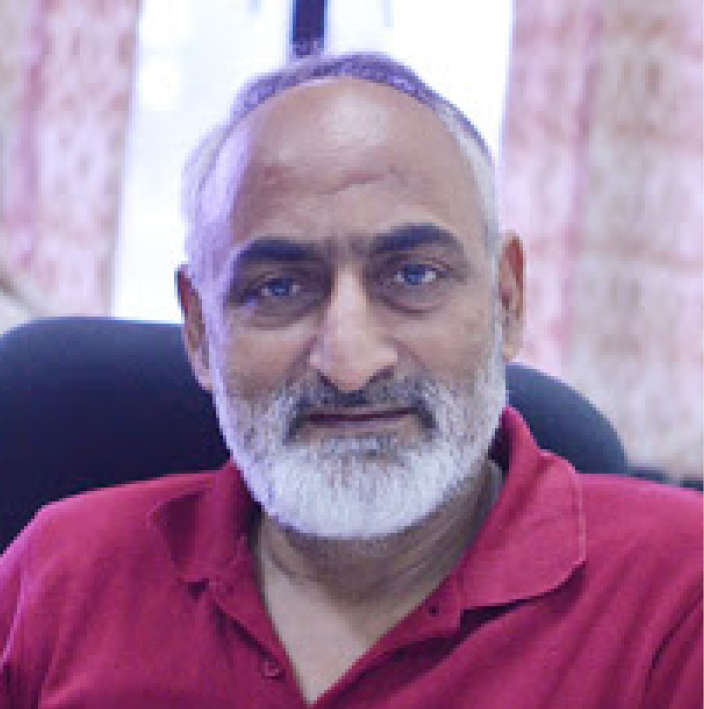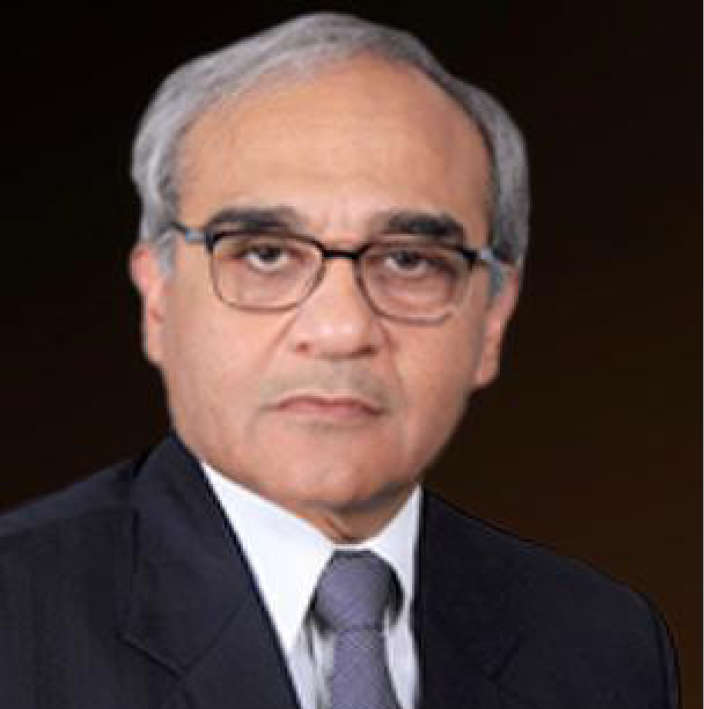


With the new mutants of the coronavirus entering India and certain states experiencing a spike in new cases, concerns about the infection spreading widely have come up again. However, in an exclusive interview with The Sunday Guardian, Dr Anjan Trikha, Professor of Anesthesiology, Pain and Critical Care at AIIMS, and Dr Rakesh Mishra, Director of CCMB, say that people can keep themselves safe from the surge if they stop taking safety norms for granted and follow all precautions.


Q: Do you think the new strain could be more dangerous for our country?
Dr Rakesh Mishra: Normally, new strains are just another variation of the coronavirus. We have recently documented close to 7000 mutations in Indian isolates. While most of them won’t be seen again, others may acquire the status of a variant if they spread rapidly, but that doesn’t mean they are dangerous. They may still be responding to the vaccine, may be asymptomatic and have a similar mortality rate. But studies show that these variants aren’t more dangerous than the existing one, just sequentially different. There may be new infections arising from them but if precautions are not taken, new mutations might occur and we may end up with something more dangerous than the existing situation. So, we must prevent the spread of any disease. So far, variants are not clinically different or problematic but it can happen in the future.
Q: What can be the reason behind the spike in cases in Maharashtra and Kerala?
Dr Rakesh Mishra: The most probable reason is that people have taken the norms for granted now and are not following precautions like wearing masks and maintaining social distancing. This may have caused the sudden spread. We will know when the Maharashtra sequences will be available. They are being processed at NIB and NCC. In Kerala, no new variant is emerging, which means the existing one is spreading at a higher rate. If you don’t prevent person-to-person spread, cases will rise. You don’t need a new variant for super spreading to happen. The new variant doesn’t overcome the immune response, thus there are less chances of re-infection. But this spread is preventable through more caution.
Q: Do we have enough capacity to fight against new mutated viruses?
Dr Anjan Trikha: When the first patient of the existing variant came to me in March, we had no idea about how to cure or prevent this disease. We had no medicine or any idea except from what we learnt through social media trends that came from Italy, China or Europe. Whatever came was frightening, but we did fight it. If we intend to fight a viral disease, we can, so there is nothing alarming about it. We must keep the fundamentals in mind and teach it to our elders and children. We cannot afford to be inside for another year. Inform everyone that the disease is not over yet. Viruses are known to mutate and you will find me wearing a mask in 2022 too.
Q: Are the vaccinated ones still a threat to those who haven’t been vaccinated yet?
Dr Anjan Trikha: India is a land of controversies, so be cautious against rumors. Nobody knows about efficiency and efficacy apart from the doctors who are administering it. If the government is giving you a vaccine, believe that it will prevent you from catching severe infections. So, you may get infections or you may not, but if you do, you will not get serious infections if you have already been vaccinated. Have faith in the government and do get vaccinated. The government has a plan to get all people vaccinated. You have seen what is happening in Maharashtra, Kerala and Dubai. They decided to open up for tourism and then had to shut it down. My trauma centre still is open for Covid patients and we have empty beds. This is what happens in a pandemic — you need to wait and be prepared for anything.
Q: What message would you like to give regarding the rise in cases?
Dr Rakesh Mishra: We are going through an unprecedented situation of this century. In comparison with other countries, India has performed extraordinarily in terms of active cases, mortality rate, etc. But we have paid our price for it, gone through lockdowns and severe crises of reverse migration. We still need to practise precautions like wearing masks and social distancing. Secondly, go for vaccination confidently and as quickly as possible. If we don’t do so, we will leave the enemy half dead and it will bounce back just as it did before. I may be asymptomatic but what about my family members and seniors who have comorbidities? So, we must be responsible and follow precautions and take the vaccine because they are tested and safe. A lot of people have been vaccinated and none of them have gone through any serious consequences. But after getting vaccinated, do wear masks because 10%-20% of you may not be affected by the vaccine or the vaccine might take a month or so to set in full force. New variants may also prove the vaccine to be less effective on them. We are almost there but have not won yet.
Q: Do you think vaccinations should be available for common people now?
Dr Anjan Trikha: Opening up the vaccines for common people is crucial but should be done in time. First, it has to be given to the healthcare workers, then to the frontline workers, then the elderly above 50 years of age who may have comorbidities and then, finally, to everyone else. We must remember that the vaccine has also been licensed for emergency authorised use only. Studies are still coming out about whether to give it to children below 17 years of age or pregnant women. We assure you that the government will open it for all soon, but we must remember that the vaccines need to pass through guidelines and rules. The Drug Controller office and FDI Bhawan have a lot of experts who scrutinize the data for the vaccine and then approve it. It is just that everything needs to be managed the right way. If you are called or messaged to inform you that your chance has come, go get vaccinated. Tell the doctor if you are allergic so the doctor decides whether to give you the vaccine. There may be some adverse reactions after taking the vaccine, just like with any other vaccine. Also, follow social distancing and wear masks because we are still susceptible to the disease.